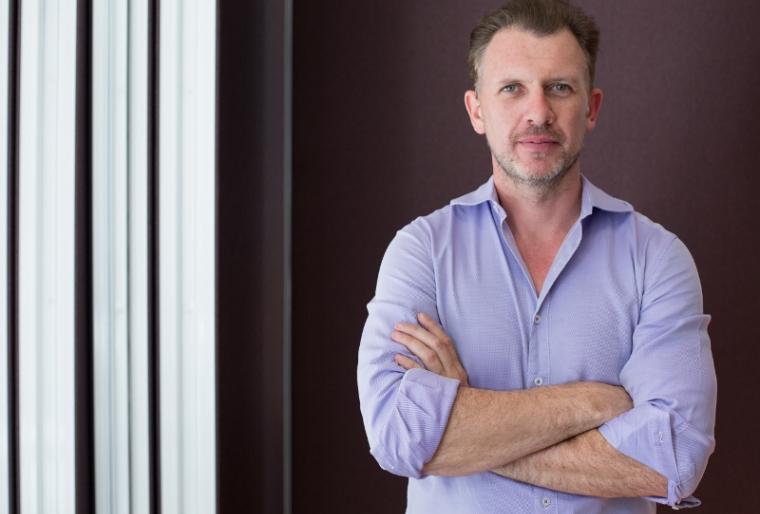The Turnbull government’s overhaul of the 457 visa system needs some serious tweaks if Australia is going to attract the best and brightest to these shores says a submission from innovation industry groups.
Back in April the Turnbull government announced it was ditching the 457 visa system and creating a new Temporary Skill Shortage (TSS) visa.
At the time there was concern that the government had especially miscalculated tech industry job classifications, and in July the government responded with some adjustments to the new TSS regime, which comes into effect in March 2018.

But business rumbles about TSS issues such as chopping the number of visa types from 99 to 10 continued, and an Immigration Policy Reform Taskforce was set up under Immigration and Border Protection auspices to seek fresh input.
In its submission to the taskforce, startup advocacy group TechSydney argues that the country needs to be far more nimble and agile with identifying skill shortages and to smarten up its understanding of 21st century company roles.
TechSydney chief executive Dean McEvoy says hard to fill roles like ‘growth hacker’ and ‘product manager’ are not on the current skills list, and that other tricky to find staff like machine learning and artificial intelligence engineers didn’t exist as job titles four years ago.
“In another four years there will be many new roles. How do we cater to this demand?” says Mr McEvoy, who wants the coming TSS lists to be shaped to actual market demand much more swiftly and in a data driven way.
The ABS is too slow at identifying and scanning in shortages of fast changing tech industry roles, he says.
“There is no handy code in the ABS data for tech companies – we kind of fit across all industries. The problem there is why isn’t it being measured and how do we get it measured? Then changing the data seems to be really slow. There’s a broken issue there.”
One solution could be to bring in business social media platform LinkedIn as a way of quickly reading market demand for 21st century jobs.
“There’s data sources like LinkedIn that have a really rich understanding of what people’s skills are and how they map to jobs. It’s the skills we want to identify rather than putting job roles on the skills list,” says Mr McEvoy.
Watching how long open tech roles stay unfilled on LinkedIn could quickly pinpoint shortages.
Squashing down visa categories from 99 to 10 may simplify processes, but Mr McEvoy argues there needs to be corresponding change in the application interface that asks candidates for TSS visas better questions and automatically channels them into the correct category.
The TechSydney submission also argues that Australia needs to compete better with other countries that are awake to the unique opportunity created by popular, nativist contractions to skilled immigration, such as in the US where the Trump administration has tech smart locals considering leaving and potential tech skilled immigrants looking elsewhere.
“We are in a global war for talent and the success of our economy depends on this issue being successfully addressed,” says Mr Mc Evoy.
Getting offshore talent over here means we need to reform visa processing speed and costs the submission says.
Mr McEvoy points to Estonia where the visa process costs about $120 and takes under a month compared to Australia where 75 per cent of 457 visas are completed within four months and the cost is $1,080.
The TechSydney submission also argues we need to make Australia more attractive for people on the Medium Long Term Strategic Skills List (MLTSSL) who are eligible to become permanent residents.
Mr McEvoy says benefits such as Medicare and public school subsidies could be made available to MLTSSL arrivals quickly, perhaps after just 12 months here.
The TechSydney submission is supported by early stage company advocate StartupAus.
“In order for our local startups to grow into billion-dollar businesses, we need access to people with the skills and experience to make it happen,” said StartupAUS COO Alex Gruszka in a statement regarding the TechSydney submission.
“A visa system that encourages world-class talent into Australia’s tech ecosystem will provide a huge boost to Australian jobs and the Australian economy,” he said.
Do you know more? Contact James Riley via Email.
